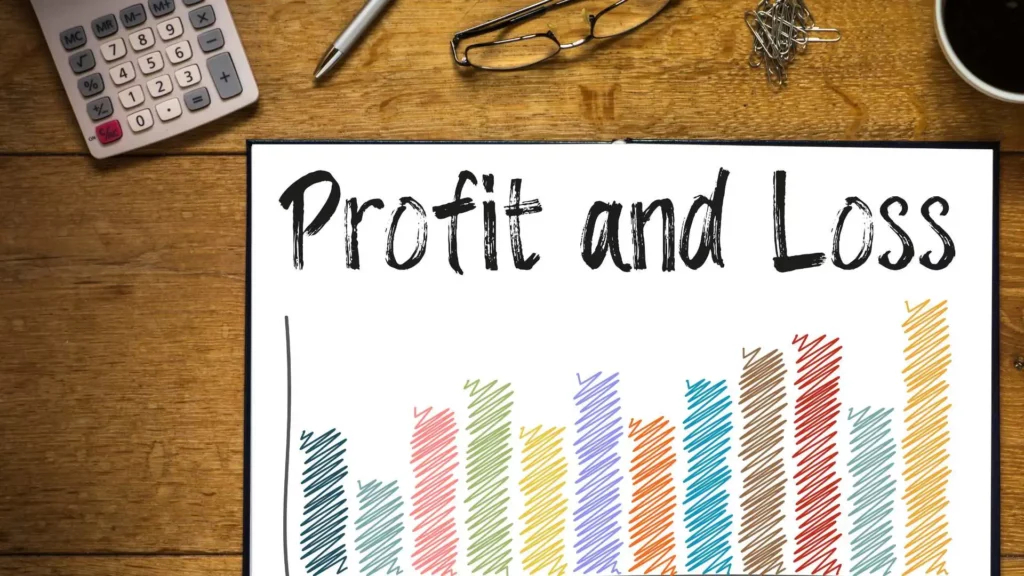A Certificate of Deposit or CD matures when its term ends. For instance, if you open a CD for three months, then at the end of the third month, it will mature. After maturing you have to ponder about what action you will take with regard to your CD funds. If you don’t do it within 2 weeks, the bank will do that on your behalf. As the owner, you can decide to reinvest that money in another financial instrument or use it as you please. Either way, make sure you manage your money well.
Grace period for a matured Certificate of Deposit
A grace period is a headstart that is given to the CD owner when it matures. This period usually lasts for about 2 weeks. During this period, you can take out your funds from the CD anytime without having to pay a withdrawal penalty. The grace period commences on the last day of a CD.
If you fail to take any action for the CD as it matures then the bank will renew your CD for the term that it was previously opened. For instance, a three-year CD matures and is converted to a new three-year CD. The interest rates for this new CD will always vary from the previous one.
See also about:CD vs. High Yield Savings
3 things you can do during a grace period
Withdraw and transfer into another account
If your transfer funds into another account, you will have more accessibility to your money. You can do so by depositing the CD funds into an account (savings or checking) or investing in another money-growing instrument. If you opened a CD to fulfill certain goals like buying a vehicle or house, you can use that money for that. If you want more returns, you can also open a brokerage account. However, certain risks are entailed with it.
Invest in a new CD
You can open a new CD if you feel that you don’t want your money to be subjected to risk. Hence to choose a suitable CD you will need to check rates across different CDs in online banks or credit unions.
Let the bank handle the next step
When you are having problems making any decision, the bank will do it for you. However, this is not very beneficial and is usually not recommended too. Your bank tends to provide your CD with the rates at the current time of maturity. These rates are uncertain and can be higher or lower. If you still decide to renew the same CD, make sure you assess the rates for other CDs in banks. You can also amplify your return by increasing the amount of your CD in the grace period.
Don’t forget the maturity date
If you withdraw from your Certificate of Deposit before maturity, you will be penalized in worths of interest for a certain period. Your bank will remind you about the maturity of your CD through a notification 3 to 4 weeks before the actual date. Some CDs don’t impose any penalty on withdrawals before maturity, but they also do not have great rates in the market.
Grace periods at some banks
Here is a list of grace periods at various banks:
| Name of institution | Grace Period |
| Chase | 10 days |
| Marcus By Goldman Sachs | 10 days |
| Discover Bank | 9 days |
| Ally Bank | 9 days |
| Wells Fargo | 9 days |
| Capital One | 10 days |
| Bank Of America | 7 days |
FAQs
What if I Forget to Respond to a CD Closing Notification From the Bank?
The bank will take action by renewing your CD for the term that it was opened. However, the rates will change according to the current rate in the market.
Should I Let the Bank Know About Not Renewing the CD Before the Maturity Date?
This varies from bank to bank. To find this out, you can visit the website of your bank and confirm your intentions of renewing.
What if I Don’t Remember Anything About the CD?
The bank will renew it for the same term if you don’t do anything else. However, if this repeats for a long period, the Certificate of Deposit will go under the state government agency as unclaimed property.

























